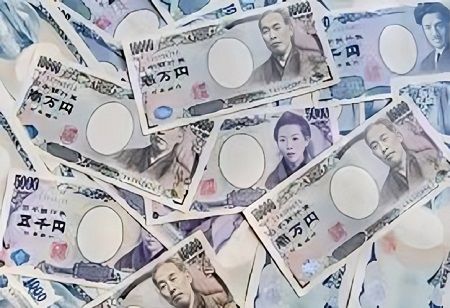
A weaker yen increased profits on foreign investments, which helped to comfortably offset a trade deficit, and last year Japan's current account surplus surged to a record, according to figures from the finance ministry.The current account surplus in 2024 was the highest since comparable data started available in 1985, totaling ¥29.3 trillion (US$192.67 billion). It was a 29.5% rise over the prior year.
With a record ¥40.2 trillion in excess, primary income from securities and foreign direct investment continued to be the largest driver as Japanese businesses seek expansion outside, notably through acquisitions of international businesses.
With strong exports of cars and chipmaking equipment and cheaper imports of electricity, the trade imbalance shrank by 40% to ¥3.9 trillion. Travel surplus increased to ¥5.9 trillion, indicating a flourishing inbound tourist industry.
Japan's current account surplus for December was ¥1.08 trillion, which was less than the ¥3.35 trillion surplus for the previous month. A source of confidence in the safe-haven yen and an indication of export power were historically associated with the nation's current account surplus.
However, over the past ten years, the composition has shifted, with commerce no longer producing a surplus as a result of rising energy import prices and a rise in Japanese companies' offshore production.
We use cookies to ensure you get the best experience on our website. Read more...